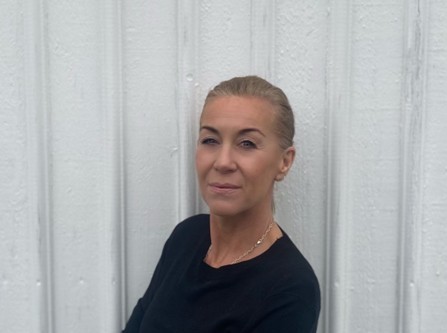This week's inspiration Per Löfgren
Per, you work with helping companies develop strategies and implement them. What drives you?


Per Löfgren, you work with helping companies develop their strategy and implement it. What drives you?
I like to contribute where I work. If I and the people I work with can contribute to making their companies better and all their employees feel better, then I am happy. If we can also transition to a more sustainable business model and be a small part in solving the major societal problems, I will be even happier!
How can companies think and act when times are as uncertain as they are now?
The foundation for good crisis management is built in everyday life. One thing that has helped me is to work a lot on building trust and confidence in the board and management team. It becomes so much easier to work with difficult issues then – and that applies to all leaders in the company. If all leaders understand how they create trust and engagement in their teams and can help the teams become self- управляемыми, it is much easier to handle both external and internal setbacks.
I like to have a well-developed strategy, business model, and implementation plan that the board and management team agree on. They should agree on where the company is going in the short and long term, why the company exists, and what the most important building blocks are to take the company there. I also try to find ways of working where the board helps the CEO and management team develop the strategy and business model. Then the management team implements the plan, and the board supports and follows up on the implementation. I think it is important that the board's and management's "annual cycle" are synchronized and promote cooperation. Then it becomes easier to replace building blocks in the plan and adjust the details when needed.
When external or internal setbacks occur, communication becomes even more important! If everyone has a clear picture of what needs to happen in the coming year and there is a good dialogue, I find it easier to seize opportunities that arise, increase the pace of certain projects or investments, and slow down others when needed. A good tool is to decide in which scenario we need to make which decisions, where the decisions should be anchored and taken, for example, to prioritize or stop development projects or to lay off employees. Preparing makes it easier to make decisions.
How are you personally affected by the fact that times are uncertain?
It is clear that many players are cautious right now, while there is full speed in other parts of the economy. Order intake is decreasing and margins are being squeezed in, for example, the retail and construction sectors, while the export industry is still doing well. I feel that the uncertainty in external factors makes some companies that are still doing well act cautiously. One challenge is to continue working on the transition to sustainable business models when order intake declines and margins are squeezed.
Contact
What challenges are you facing today? - We would love to hear from you!





